Set up on August 10 near the La Canche estuary, the floating barrier is designed to halt so-called “taxi boats” used by people smugglers in recent months.
The small vessels start their perilous journeys empty, away from the beaches, before picking up migrants from Africa, the Middle East and Asia on the coast.
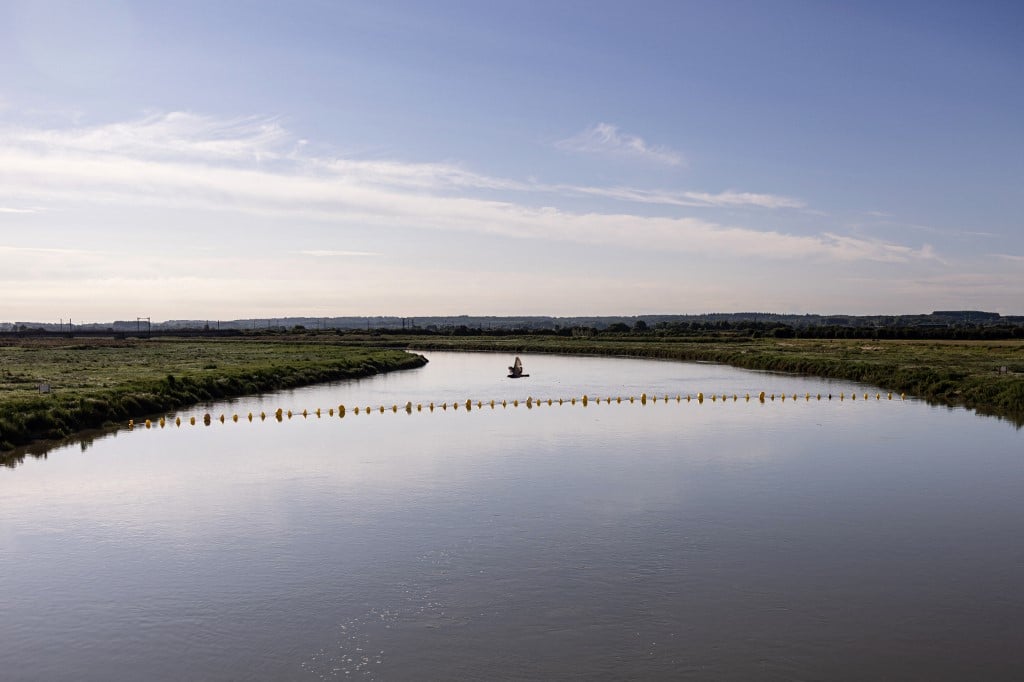
After 27 people drowned in November 2021 — the worst accident in the Channel since the narrow strait became a key irregular migration route — patrols have been stepped up.
All along some 130 kilometres (81 miles) of coastline between the city of Dunkirk and the Somme Bay, the authorities scour the area day and night.
The silence of dawn is broken by the purring engine of a plane belonging to EU border agency Frontex, equipped with infrared and thermal cameras to rescue stricken migrants alongside drones.
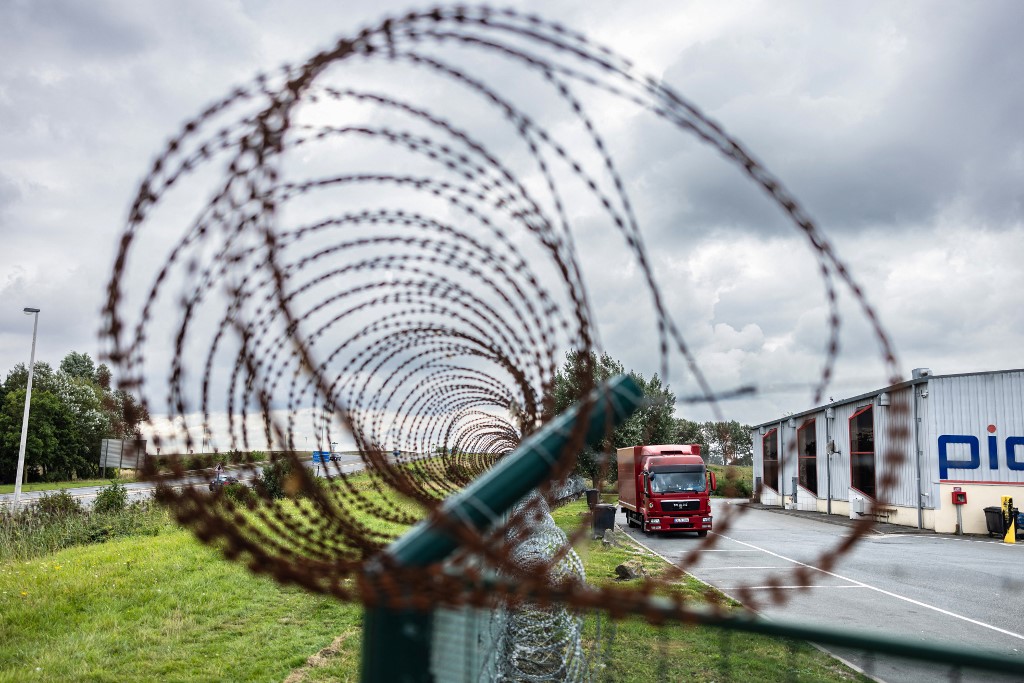
Advancing on foot or buggies, an average of 800 security force personnel survey the beaches and dunes every day.
Surveillance cameras have been installed in 12 communes and four ports, with the scheme set to be widened in 2024, according to the local authorities.
The cat-and-mouse game between the police and migrants has moved to the coast after security was tightened in 2018 at the port of Calais and the Channel tunnel linking France with southeast England.
The area surrounding Calais now resembles a fortress: fencing and cameras encircle the port and tunnel terminal, while an “anti-intrusion” wall has been erected beside a road to prevent migrants clambering onto lorries.
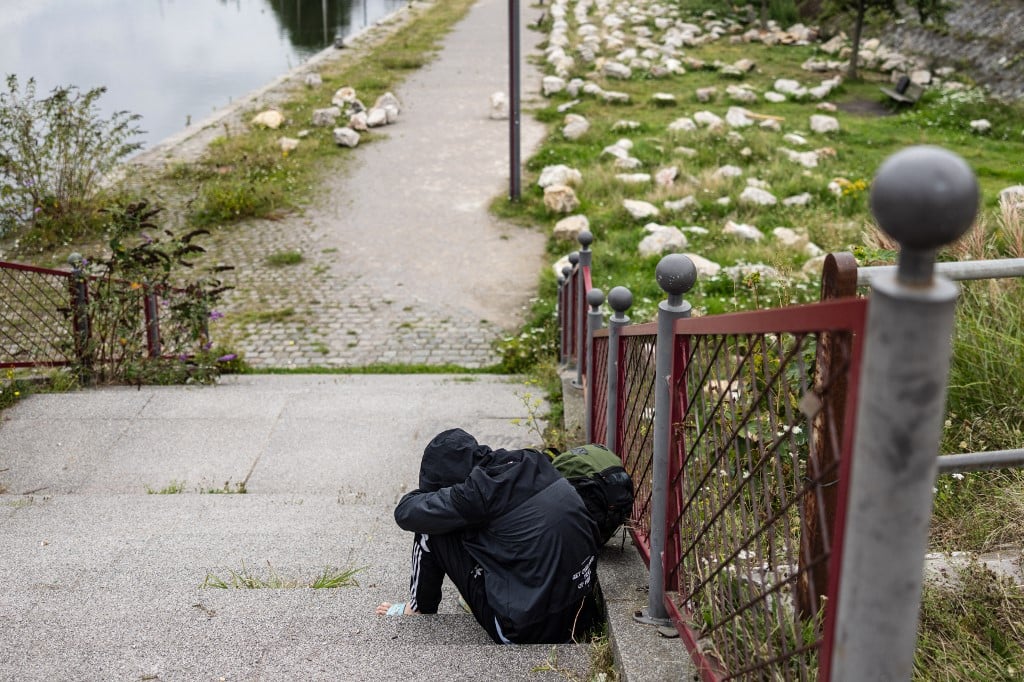
As well as battling crossing attempts, the authorities are waging a war on places where migrants may gather to avoid the reappearance of camps known as “jungles”.
In central Calais, fencing blocks access to spaces under bridges, and boulders have been placed on the quay to stop any settlements.
“Can’t sleep here anymore,” regretted Amine, a 22-year-old Moroccan who has spent a month looking for a way to cross the Channel.
A few metres away, a Somalian woman watches over her three young children.
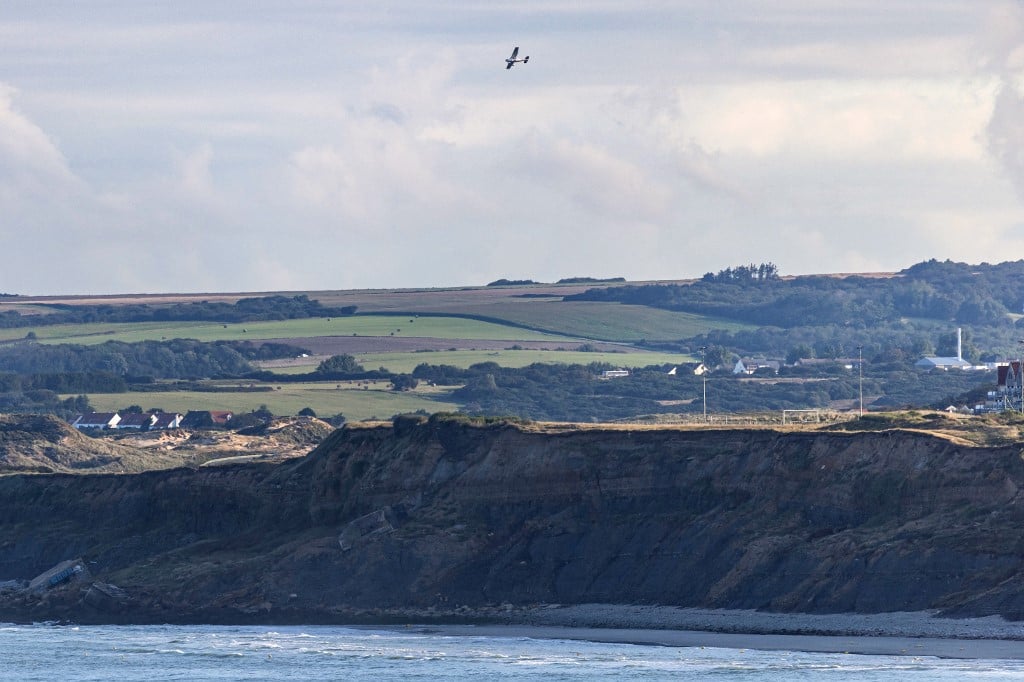
The 27-year-old said she is staying with a French woman and went to the esplanade to “look for news on crossings”.
Britain’s Conservative government, which has toughened its migration policies, has funded the security clampdown to the tune of around $400 million since a 2014 deal gave France responsibility for managing this border area.
London is due to add more than $550 million to the total by 2027, but people smugglers continue to adapt.
Since January, 20,074 migrants have managed to outwit the authorities and cross the Channel on small boats, a decrease of nearly 20 percent compared with the same period last year.

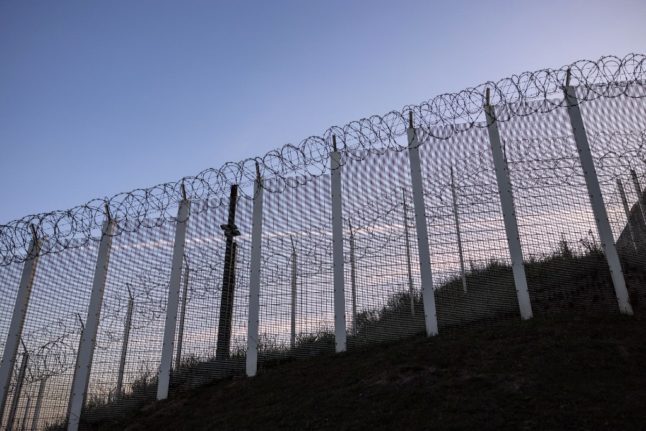
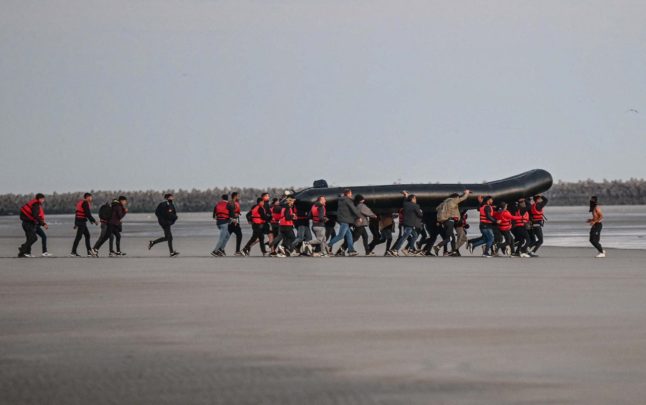
 Please whitelist us to continue reading.
Please whitelist us to continue reading.
Member comments